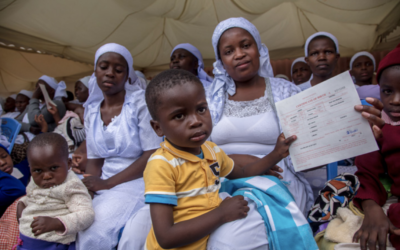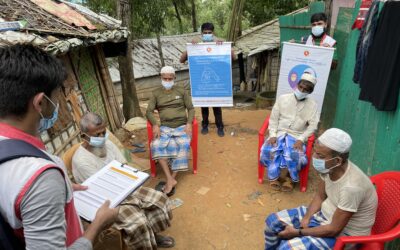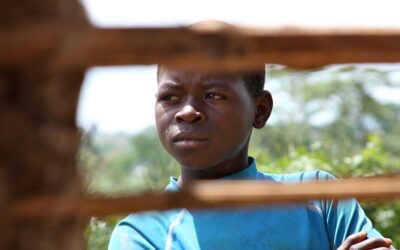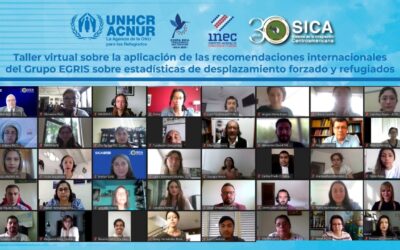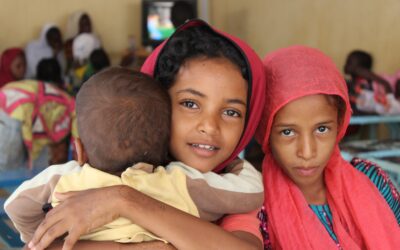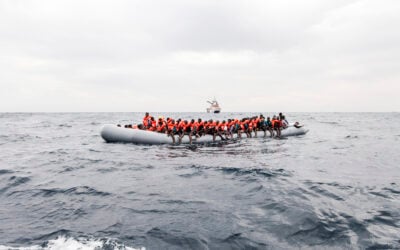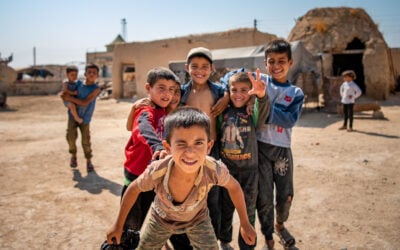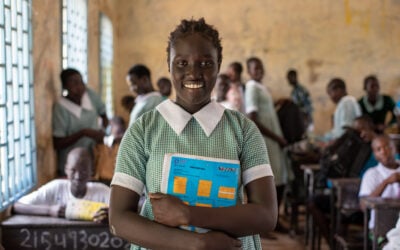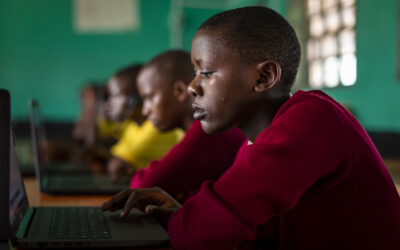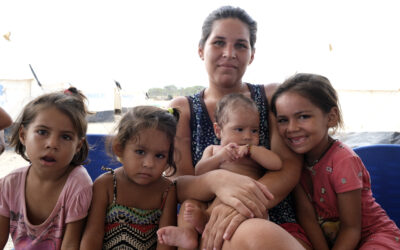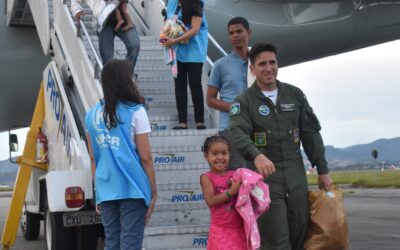Our Latest Articles
Evaluation of UNHCR-led Initiatives to end Statelessness
Aki Sibindi, 24, with her son Milton, 3, holds her children's birth certificates at a ceremony on the outskirts of Nairobi to recognise families of Shona, a stateless community, as Kenyans. © UNHCR/Georgina Goodwin UNHCR’s mandate to address statelessness has evolved...
Taking stock: two years after the Global Compact’s call for more data and evidence on forced displacement
More than two years after the Global Compact’s call for more data and evidence on forced displacement, progress has been made. What are some of the trends in the emerging research?
COVID-19 socioeconomic impact worsens for refugees in Uganda
Evidence shows that refugees will require continued and strengthened support during and after the pandemic to escape the “poverty trap” that can have a lasting impact across several generations.
EGRIS International Recommendations: Dissemination in Central Americas
On the 7th and 8th of June 2021, UNHCR together with CENTROESTAD-SICA convened a virtual workshop on ‘The Implementation of the International Recommendations on Forced Displacement Statistics of the Expert Group on Refugee and IDP Statistics (EGRIS)’ with the objective to raise awareness on the international recommendations and discuss their implementation in the region.
Investment in comparable socioeconomic data for forcibly displaced and hosts yields tangible outcomes in improving people’s lives
The expansion worldwide of the collection and use of socioeconomic data in forced displacement settings yields tangible benefits to communities in settings that UNHCR is assisting.
Creating credible alternatives to dangerous sea journeys
New roadmap sets out viable approaches for States and humanitarian actors to managing mixed migration flows along the Central Mediterranean route.
Opening data to expand our knowledge: VASyR 2020 in the Microdata Library
The Vulnerability Assessment of Syrian Refugees in Lebanon (VASyR), the most extensive assessment on refugees jointly conducted in Lebanon by UNHCR, UNICEF and WFP, and one of the only ones conducted face-to-face during the COVID-19 pandemic, has completed its eight round.
After three decades, how are refugees in Kenya’s Kakuma refugee camp faring?
Children, most as young as six or seven, fled civil war some 30 years ago and walked more than 1000 miles, with only half of them reaching Kakuma refugee camp in Kenya. How are they and other refugees fleeing war and conflict living in Kakuma today?
How can UNHCR further engage in Humanitarian Development cooperation?
Cooperation with development organizations has been part of UNHCR’s approach to building long-term support and finding durable solutions for people forced to flee.
Providing inclusive education to all refugees is within our reach
Providing quality education for refugee children is vital to their future self-sufficiency and can help them overcome the trauma of conflict and forced displacement.
Compounding misfortunes – refugee women and girls lose even more ground during the COVID-19 pandemic
Women’s inherent fragility in terms of the enjoyment of basic rights and equitable welfare outcomes carries over into forcibly displaced settings. More than a year into the COVID-19 pandemic, evidence shows pre-existing inequalities and vulnerabilities are deepening.
How are Venezuelans in Brazil faring? A new data dashboard is helping to provide answers
A data dashboard is helping the Brazilian Government and UNHCR keep track of social and economic integration as Venezuelans build new lives in Brazil.

